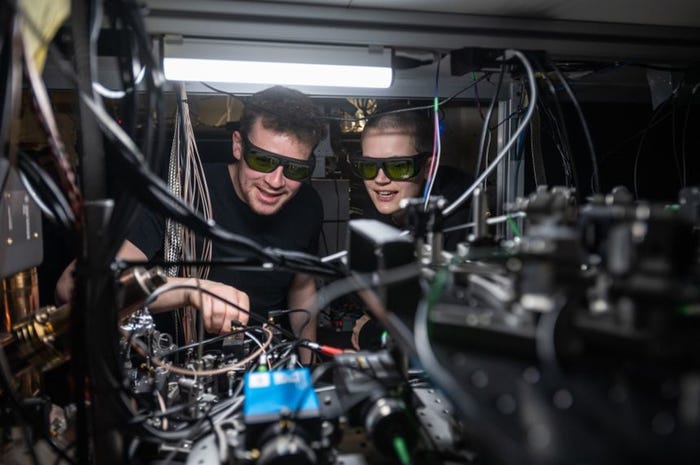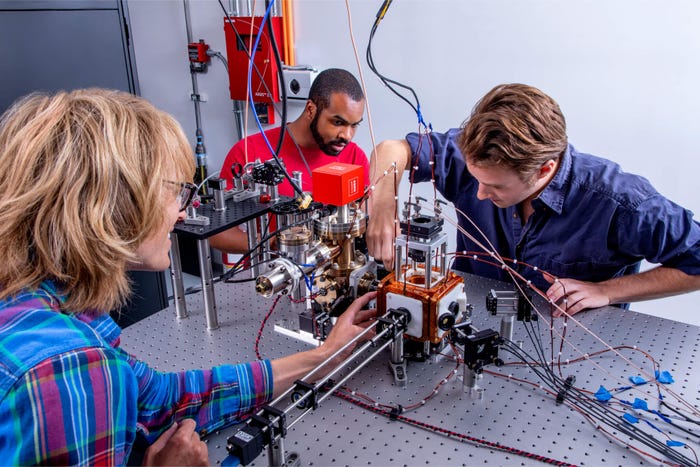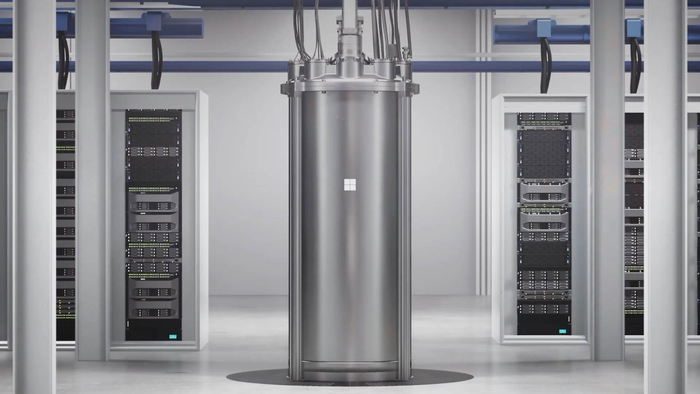
Connects decision-makers and solutions creators to what's next in quantum computing
Intel Progresses Toward Practical Quantum ComputingIntel Progresses Toward Practical Quantum Computing
Scalable silicon-based quantum processors could offer a route to fault tolerance

Intel has published research that could lead to mass-produced silicon spin-based quantum processors that can readily scale, a key factor for practical, fault-tolerant quantum computers.
The company summarized the details of its research paper, “Probing single electrons across 300-mm spin qubit wafers” in a blog post. The study demonstrated the uniformity, fidelity and measurement statistics of spin qubits, indicating their suitability for scaling.
Intel hardware researchers developed a 300-millimeter cryogenic probing process to collect high-volume data on the performance of spin qubit devices across whole wafers. They used complementary metal oxide semiconductor (CMOS) manufacturing techniques, as used in classical silicon chip production.
This meant they could produce more qubit devices and test them faster, capturing more data to analyze uniformity, an important step in scaling up quantum computers.
They found that single-electron devices from these wafers perform well when operated as spin qubits, achieving 99.9% gate fidelity. According to Intel, this is the highest reported for qubits made with all-CMOS-industry manufacturing.
Spin qubits are extremely small, measuring about 100 nanometers across. This means they can be packed more densely than other qubit types such as superconducting. This means more complex quantum processors could be made on a single chip of the same size.
Intel plans to use these techniques to add more interconnect layers to build 2D arrays with increased qubit count and connectivity. It also intends to demonstrate high-fidelity two-qubit gates in its industry manufacturing process.
However, the company’s main priority will be scaling quantum devices and improving performance with its next-generation quantum chip.
Intel released its 12-qubit quantum research chip, Tunnel Falls, to the quantum research community in June 2023.
About the Author
You May Also Like






